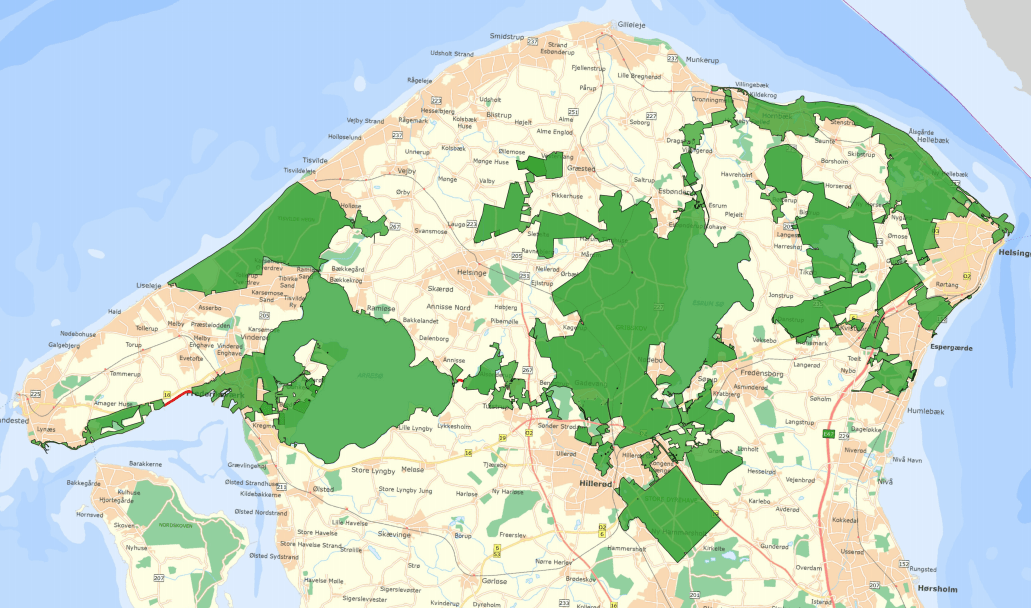Yesterday, Denmark’s fifth national park was approved by the environment and food minister, Esben Lunde Larsen, and the government.
Nationalpark Kongernes Nordsjælland in north Zealand has been almost 13 years in the making and is expected to be officially ready sometime during 2018.
“The national parks are a good initiative that promotes the Danes becoming more aware of the natural pearls we have and visit them,” said Larsen.
“The proposal encompasses some of Denmark’s largest forest areas, lakes that can be used for canoeing and sailing, UNESCO World Heritage areas, and many historical buildings. Kongernes Nordsjælland can offer up experiences within culture, nature and outdoor life – the cornerstones of successful national parks.”
READ MORE: Denmark gets brand new national park
Helsingør to Hundested
With its 24,595 hectares – the equivalent of about 50,000 football pitches – the new park will become the second-largest national park in Denmark, behind Nationalpark Vadehavet (146,000 hectares).
The other three Danish national parks are Nationalpark Thy (24,400 hectares), Nationalpark Mols Bjerge (18,000) and Nationalpark Skjoldungernes Land (17,000).
The principal drivers behind a national park being established in north Zealand have been the municipalities of Fredensborg, Gribskov, Halsnæs, Helsingør and Hillerød. The park will stretch from Helsingør in the east part of north Zealand to Hundested in the west.
Last year, the fjord landscape by Roskilde Fjord – which includes islets, islands, valleys and the large Bidstrup forest areas – was approved to become Denmark’s fourth national park, ‘Nationalpark Skjoldungernes Land’.















